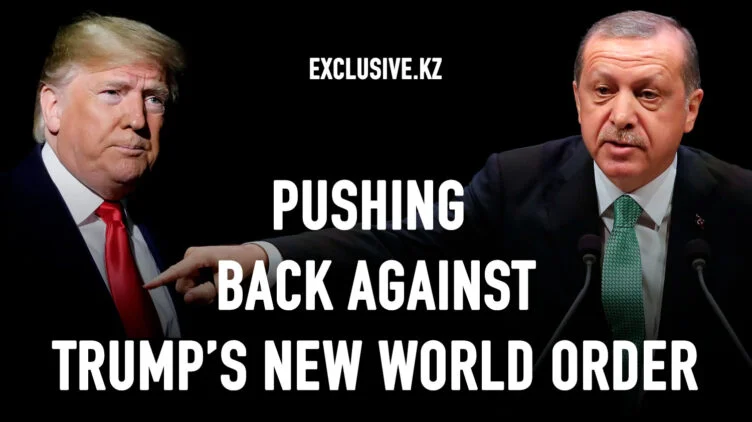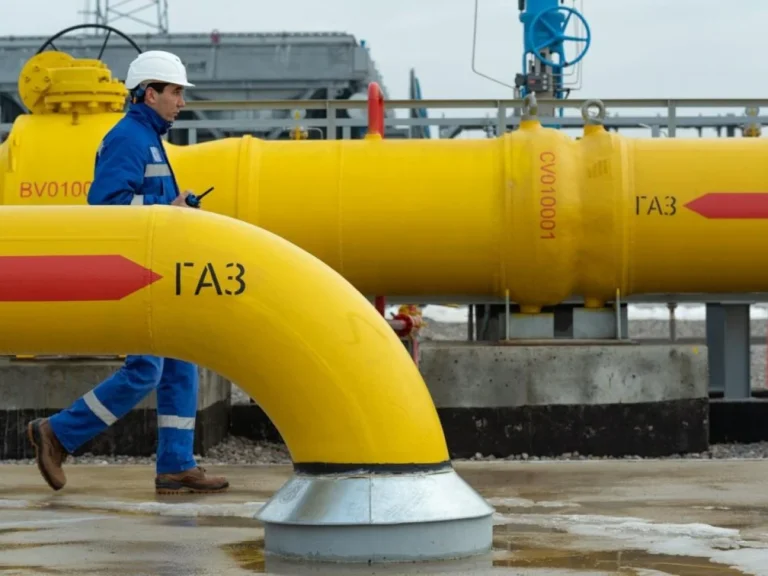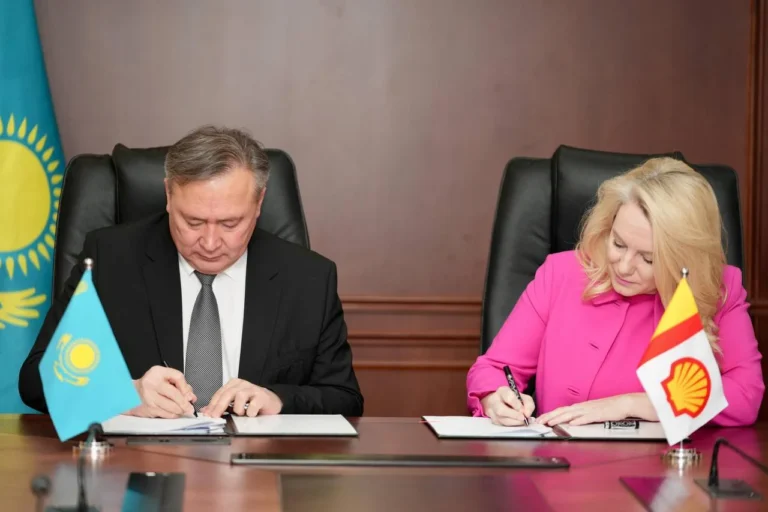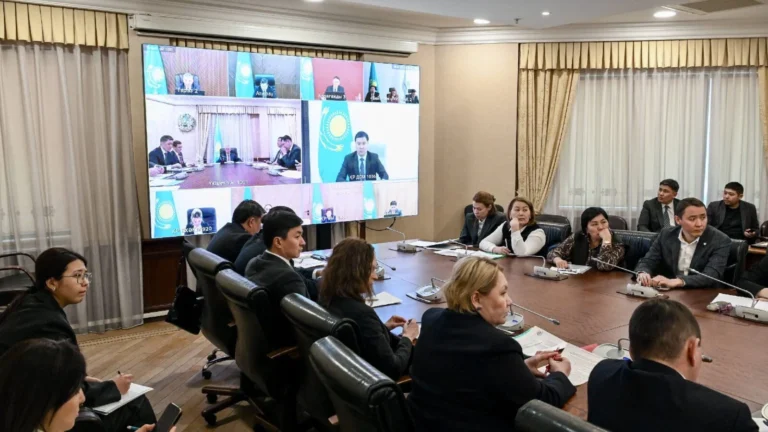Turkey needs to take a much tougher diplomatic stance

The image of US President Donald Trump holding court during the recent White House meeting on the war in Ukraine was striking. With Trump seated behind the Resolute Desk and European leaders gathered around him “like schoolchildren,” it revealed more about his foreign-policy agenda than a thousand communiqués ever could.
The symbolism was unmistakable. By disregarding the balance among the permanent members of the United Nations Security Council, Trump did more than flout diplomatic protocol. He also signaled to Russia and China that, on issues concerning Europe, he is the one with whom to negotiate.
Seven months into his second presidency, Trump is running the world as if it were a private corporation, unbound by common rules or established norms. The Oval Office is the executive suite; Trump is the CEO; other world leaders are the employees; and centuries-old conventions fall by the wayside.
Trump seeks a global order based on patronage, not partnership, and European leaders’ behavior during the Oval Office meeting appeared to validate that goal. It is difficult to imagine Winston Churchill and Charles de Gaulle – or even Angela Merkel – sitting quietly as Trump treated them as subordinates. But today’s Europe, fragmented by populism and short on strategic leadership, is ill-equipped to act as a global power.

Trump’s approach to NATO follows the same logic. His effort to turn the alliance into a US-centric strategic instrument is particularly dangerous amid the Russia-Ukraine war. In the past, NATO maintained relative stability by engaging Russia and Ukraine simultaneously through mechanisms like the NATO-Russia Council and the NATO-Ukraine Commission (replaced in 2023 by the NATO-Ukraine Council). These parallel channels helped strike a fragile balance between dialogue and deterrence, which Trump’s policies now put at risk.
Notably absent from the White House summit were the countries most exposed to the Russia-Ukraine conflict: Turkey, Poland, Norway, Sweden, and the Black Sea and Baltic states. Excluding these frontline countries undermines NATO’s core principle of collective security and erodes the alliance’s strategic cohesion.
The implications for Turkey could be far-reaching. Despite commanding NATO’s second-largest military (after the United States) and playing an important role in the Black Sea, the Caucasus, and Eurasia, it has been reduced to a peripheral observer, treated as a convenient host for occasional meetings rather than a strategic ally.
Turkey was conspicuously excluded from the Ukraine summit and received no direct briefing from Trump, either before or after. Instead, it was informed indirectly through NATO Secretary-General Mark Rutte. Turkey was also left out of the recent Azerbaijan-Armenia summit.
Turkey’s diminished standing reflects a profound strategic miscalculation. Following the Washington summit, French President Emmanuel Macron stated that Turkey’s role would be “crucial” to providing Ukraine with concrete security guarantees. At first glance, that may have sounded like praise. In reality, it signaled a troubling revival of Cold War-era thinking that values Turkey solely for the size of its military, not for its strategic vision or decision-making capacity.
In effect, Turkey has been pushed back into the role it played during the Korean War in the early 1950s: a frontline security provider excluded from the discussions that shaped its future. Today, Turkey once again finds itself shut out of deliberations on issues vital to its national interests, yet is expected to implement decisions in which it had no say.
I confronted this outdated mindset in my 2001 book Strategic Depth, and later as Turkey’s foreign minister and prime minister. It reflects a persistent strategic blindness among American and European policymakers that no Turkish official should normalize or tolerate.
Western leaders must abandon the illusion that Turkey is an adolescent nation-state whose pride can be soothed with compliments. Turkey is no newcomer. It is a seasoned, strategically mature regional power – a civilizational actor that has long helped shape Europe and the global order. To treat it merely as a military asset is to misunderstand the essence of its strategic identity: a tradition of diplomacy and statecraft forged by centuries of navigating shifting power balances across continents.
Turkey cannot afford to remain passive. To avoid being sidelined, it must pursue strategic recalibration, beginning with three urgent steps. First, it should form a bloc of like-minded countries within NATO by initiating talks with other members excluded from the White House summit on Ukraine, such as Poland, Norway, Sweden, and the Baltic states. By creating an alternative forum for strategic coordination, it could inject much-needed balance into NATO’s internal dynamics.
Second, Turkey should spearhead the creation of an advisory framework that brings together Black Sea states like Romania, Bulgaria, Georgia, and Moldova while bolstering direct communication with both Ukraine and Russia. Revitalizing initiatives such as the Black Sea Naval Force (BLACKSEAFOR) and the Black Sea Economic Cooperation (BSEC) – institutions that once anchored post-Cold War stability – could foster constructive dialogue among all regional actors, including Russia and Ukraine.
Third, Turkey must reclaim its strategic centrality, making clear to the US and the European Union that it is not a passive Middle Eastern outpost but a major Eurasian power. This requires a far more assertive diplomatic posture.
The Oval Office image of Trump flanked by European leaders was not just a photo-op. It was a snapshot of Europe’s leadership vacuum, NATO’s internal imbalance, and Turkey’s marginalization. Policymakers in Europe and Turkey must heed its message: unless they act swiftly and decisively, the emerging order will not just be negotiated without them – it will be negotiated at their expense.
Copyright: Project Syndicate, 2025. www.project-syndicate.org





Все комментарии проходят предварительную модерацию редакцией и появляются не сразу.